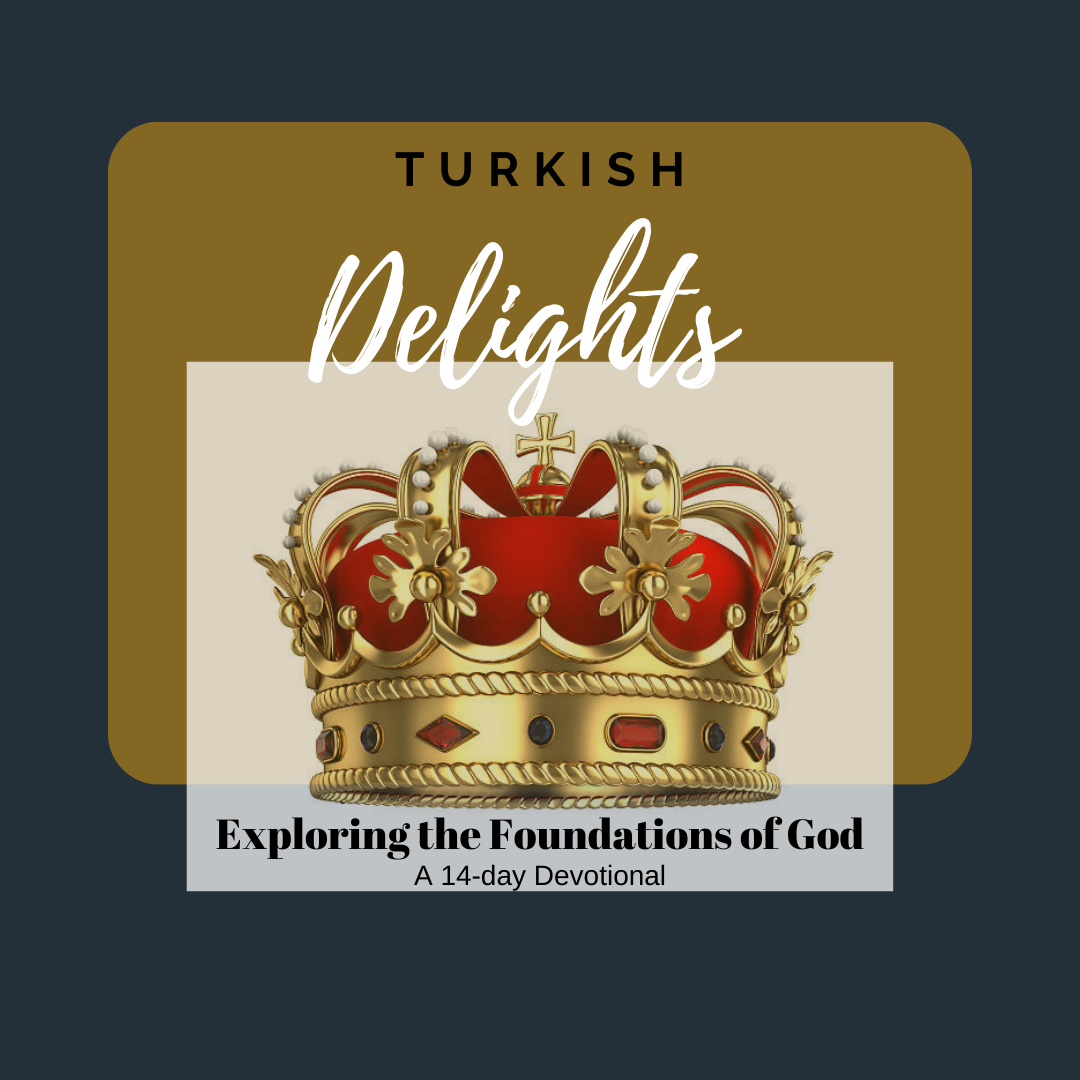The wise woman builds her house, but with her own hands, the foolish one tears hers down." (Proverbs 14:1, NIV)
This verse highlights the stark contrast between a wise woman who actively contributes to the well-being and stability of her household and a foolish woman who, through her actions, causes destruction and turmoil. It serves as a reminder of the significant impact our choices and behaviors can have on our homes and relationships.
The wise woman mentioned in the verse represents someone who exercises wisdom, understanding, and prudence in her actions. She builds her house by fostering love, unity, and harmony within her family. She prioritizes the well-being and growth of her loved ones, seeking to create a nurturing and supportive environment.
In contrast, the foolish woman mentioned in the verse represents someone who lacks wisdom and makes destructive choices. Through her own hands, she tears down her house, implying that her actions lead to conflict, discord, and the breakdown of relationships within her family. Often, we remain unaware of the consequences of our actions until the very end, when we witness the destructive aftermath they have caused.
Even those who were once wise can easily fall into error or make mistakes.
Our actions and decisions can have a ripple effect that impacts not only ourselves but also those around us. For instance, our words and actions can damage relationships, create division, or perpetuate injustice, thereby undermining the goodness and harmony that God intends for His creation.
God brings many good things into our lives, some of which are easily recognizable, while others may be disguised or hidden.
It is the glory of God to conceal a matter; to search out a matter is the glory of kings. Proverbs 25:2
This verse reveals Gods aim for concealing things, not to tempt us, but rather build a good attitude in us toward all things so He’ll be glorified all in all.
Ultimately, every thing in our lives, whether tangible or intangible, is a gift from God. His gifts are expressions of His love and care for us. They are meant to bring us joy, fulfillment, and purpose. It could be people; parents, spouse, children, neighbors, colleagues, supervisor and even subordinates. He places people in our lives who love, support, and encourage us. These relationships bring joy, companionship, and shared experiences. They provide opportunities for growth, accountability, and mutual edification. Inanimate things or material provisions and resources are all gifts of God Security to us. One of the greatest gifts of God is the gift of life itself. Each breath we take, each beat of our hearts is a reminder of His sustaining power and the preciousness of existence. Life is a gift to be cherished and used to fulfill God’s purposes, to love and serve Him and others.
Unfortunately, it is often easy for us to lose sight of these blessings or overlook them altogether. Knowingly or unknowingly, willingly or unwillingly we jeopardize the blessings and goodness that God has bestowed upon us.
Our actions can inadvertently destroy the good gifts. Through our choices, behaviors, and attitudes, we have the potential to squander, neglect, or misuse the blessings and opportunities that God has given us.
One way in which we can destroy God’s good gifts is through negligence or lack of appreciation. When we fail to recognize and cherish the blessings in our lives, we may take them for granted and not fully utilize or enjoy them. We become indifferent or complacent, allowing the good things God has given us to fade into the background or lose their significance.
Another way we can destroy God’s gifts is through mismanagement or misuse. We may misuse our talents, skills, or resources, using them for selfish purposes or in ways that go against God’s principles. For example, we might use our wealth to indulge in excessive luxury rather than sharing it with those in need, or we might use our influence to manipulate or control others instead of using it to bring about positive change.
Lack of communication, selfishness, betrayal of trust, lack of respect and empathy, unhealthy behavior patterns, and failure to resolve conflicts can all contribute to the deterioration of relationships. When we neglect our bodies, deprive them of nourishment, avoid self-care, and neglect regular exercise, we are unknowingly paving the way for their deterioration and eventual destruction. Our bodies are remarkable gifts from God, designed to be cherished and cared for. Yet, when we disregard their needs and subject them to harmful habits, we undermine their well-being and invite the onset of various physical and mental ailments.
In the Bible, there are instances where people unknowingly destroy good things with their own hands due to their actions, choices, or lack of discernment. Here are a few examples.
1. Adam and Eve: In the Garden of Eden, Adam and Eve were given the freedom to enjoy all the goodness of God’s creation. However, they disobeyed God’s command by eating the forbidden fruit, which resulted in the fall of humanity and the introduction of sin into the world. Their disobedience led to the destruction of the perfect harmony and intimacy they had with God and brought about the brokenness and suffering we experience today.
2. King Saul: King Saul was chosen by God to be the first king of Israel. Initially, he displayed great promise and success, but his disobedience and lack of faith caused him to lose God’s favor. On one occasion, Saul took matters into his own hands by offering a burnt offering instead of waiting for the prophet Samuel, who had been instructed by God to perform the sacrifice. Saul’s impatience and disobedience led to God rejecting him as king and eventually brought about his downfall.
3. Judas Iscariot: Judas was one of the twelve disciples chosen by Jesus. However, he betrayed Jesus by agreeing to hand Him over to the authorities in exchange for thirty pieces of silver. Judas’s actions led to Jesus’ arrest, crucifixion, and death. Although Judas likely did not fully comprehend the magnitude of his betrayal, his actions ultimately resulted in the destruction of the very One he had followed.
4. Demas: In the New Testament, the apostle Paul mentions Demas, who was once a fellow worker and companion in the ministry. However, Paul later writes that Demas deserted him because he loved the present world (2 Timothy 4:10). Demas’s love for the world and its allurements led him to forsake the ministry and the calling he had received, thus potentially hindering the spread of the gospel
Our mistreatment of loved ones leads to their departure, our misuse of resources leads to depletion, and consuming unhealthy foods results in illness. Every action we take in the present either constructs, reconstructs, or destroys.
It is important to remember that God’s gifts are given to us with a purpose. They are meant to be used for His glory, the well-being of others, and the advancement of His kingdom. When we neglect or misuse these gifts, we hinder God’s plans and diminish the impact we could have had on the world.
Let us refrain from further damaging our relationships and refrain from contributing to the destruction of our homes. Let us seek His guidance in how to best use and develop the gifts He has entrusted to us. By aligning our actions and attitudes with God’s will, we can preserve and enhance the good things He has given us, allowing them to bear fruit and bring about positive change in our lives and the lives of others.
Let us remember that our bodies are temples of the Holy Spirit (1 Corinthians 6:19-20) and that it is our responsibility to care for them as stewards of God’s creation. By making conscious choices to prioritize our physical and mental health, we honor God’s gift and set the stage for a life of vitality, purpose, and service.
Let us prioritize effective communication, consider the needs of others, build and rebuild trust, show respect and empathy, invest time and effort, avoid unhealthy behaviors, and seek resolution in conflicts. Relationships require continual effort, sacrifice, and a commitment to growth and understanding. By practicing these principles, we can contribute to the strength and longevity of our relationships.
There may be instances where we have already irreparably damaged valuable relationships, missed out on important opportunities, or squandered precious gifts. As we move forward, it is crucial that we do not repeat the same mistakes. We must rely on the guidance of God’s spirit to provide us with discernment and empower us to make wise choices and take appropriate actions.
We may have lost valuable things in the past, but may God assist us in recovering and restoring what we have lost… if it is His Will.
Prayer point;
Dear Heavenly Father, We come before you with humble hearts, recognizing the mistakes we have made and the good things we have lost due to our actions. We seek Your forgiveness and guidance as we move forward. Grant us the wisdom to discern the right path and the strength to make choices that align with Your will. Fill us with Your Holy Spirit, that we may have the discernment to recognize the consequences of our actions and the courage to do what is right. Help us to cherish and nurture our homes and relationships, opportunities and virtues (integrity, compassion) and other gifts You have blessed us with, and protect them from harm. May Your grace and mercy guide us on the path of restoration, growth, and blessings. In Jesus’ name, we pray. Amen.



Leave A Comment